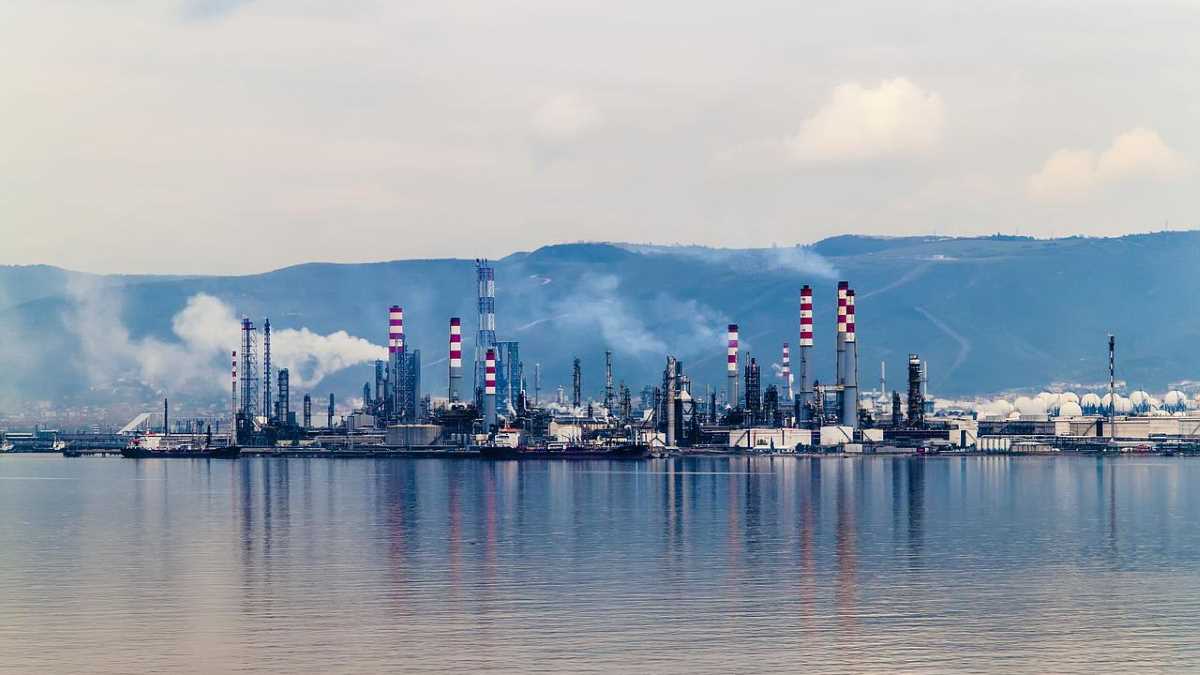Africa will need global financial systems, including multilateral development banks, to play a significant role in financing our energy growth which must include fossil fuels
Egalement disponible en Français
JOHANNESBURG, South Africa, November 21, 2024/APO Group/ —
By NJ Ayuk, Executive Chairman of the African Energy Chamber (www.EnergyChamber.org).
I believe the ultimate responsibility for getting there is ours and no one else’s. Yes, we need partners to walk alongside us, but the success of our energy movement rests on African shoulders.
To begin with, I would love to see African energy stakeholders speaking in a unified voice about African energy industry goals.
This will be particularly important in COP29 in Baku. It is imperative that African leaders present a unified voice and strategy for African energy transitions. We must make Africa’s unique needs and circumstances clear and explain the critical role that oil and gas will play in helping Africa achieve net-zero emissions in coming decades.
I would encourage African leaders to talk about the need for financing, as well, to make it possible for us to adopt renewable energy sources and set up the necessary infrastructure. Africa will need global financial systems, including multilateral development banks, to play a significant role in financing our energy growth which must include fossil fuels.
Africa’s governments have a role to play in a successful African energy movement as well.
Because Africa’s energy industry still can benefit greatly from the presence of international oil companies, our government leaders need to approve contracts with oil and gas companies promptly instead of allowing red tape to delay projects after discoveries are made.
And, they need to offer the kinds of fiscal policies that allow oil companies to operate profitably in Africa. In turn, that will help those companies generate revenue, create jobs and business opportunities, and foster capacity building.
I also would encourage governments and civil societies to reward companies that exemplify positive behavior. Let’s incentivize the kind of activities we want, from creating good jobs and training opportunities to sharing knowledge.
I would love to see African energy stakeholders speaking in a unified voice about African energy industry goals
And there’s more.
We in Africa must work together to create more opportunities for women to build careers in the oil and gas industry at all levels. Our energy industry can’t reach its potential to do good when half of our population is left out. Our progress on behalf of women has not been great—We need to do better, and we need to act quickly.
How the world can support
Now, I mean it when I say Africans are responsible for building the future they want. But, I would love to see Western governments, businesses, financial institutions, and organizations support our efforts.
How? They can avoid demonizing the oil and gas industry. We see it constantly, in the media, in policy and investment decisions, and in calls for Africa to leave our fossil fuels in the ground. Actions like these, even as Western leaders have pushed OPEC to produce oil, are not fair, and they’re not helpful.
I also would respectfully ask financial institutions to resume financing for African oil and gas projects and stop attempting to block projects like the East African Crude Oil pipeline or Mozambique’s LNG projects.
Please understand that with the war in Ukraine, the energy crisis in Europe, and the energy poverty facing our continent, our countries, like many others, are simply choosing the paths they believe are most likely to help their people.
You know, people for years have accused me of loving oil and gas companies more than Africa. The opposite is true. In my frequent travels around the continent, I’ve observed far too many young people with little in the way of opportunities.
I know our young people have aspirations for a better future. I know they have big dreams. And, I know that future is nearly within their grasp.
A thriving, strategically managed energy industry can make it possible for many of these young people, whether it leads to good jobs or it fosters the kind of economic growth that creates jobs in other fields. Even if we only get the lights on in their communities, we’ll be giving our young people hope and improving their chances of realizing their goals.
This is what drives me, the idea that with our ongoing efforts and determination, our young people can realize meaningful opportunities. I encourage each of you to work with us at the African Energy Chamber, in a spirit of cooperation and mutual respect. Together, we can build the kind of African energy movement that our continent, our communities, and our young people need and deserve.
Distributed by APO Group on behalf of African Energy Chamber.
